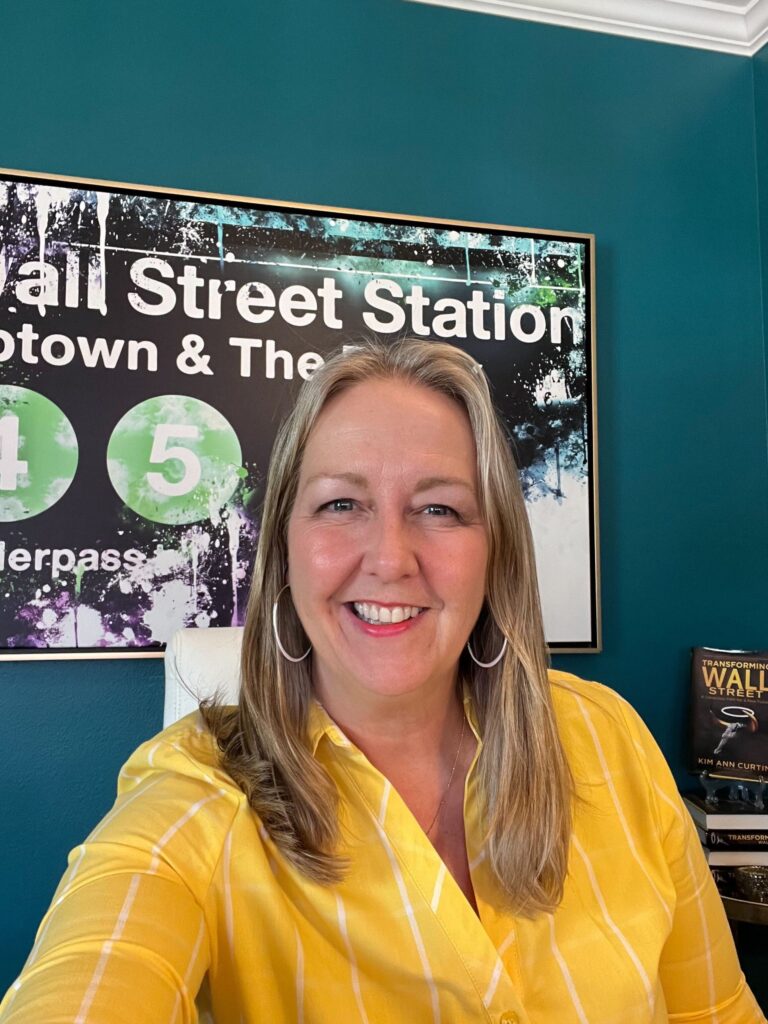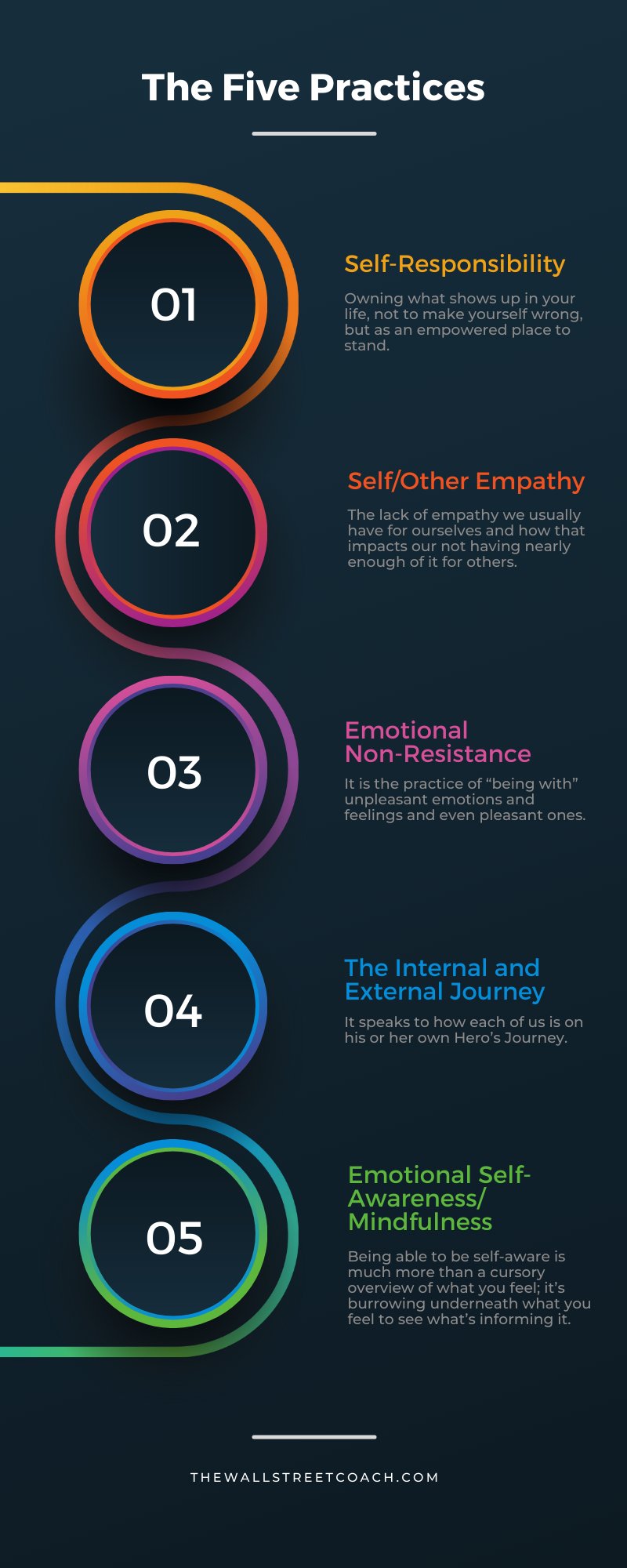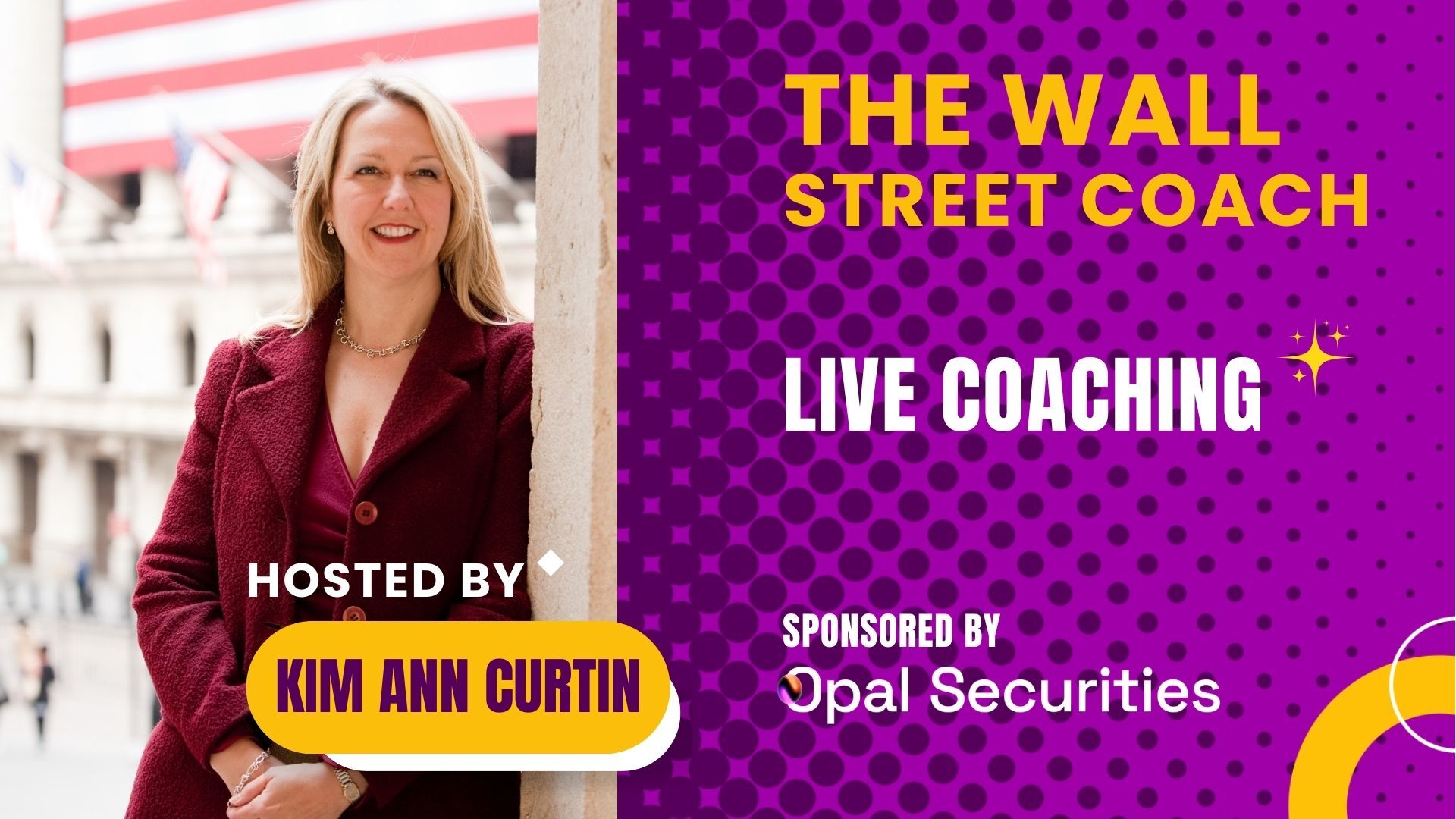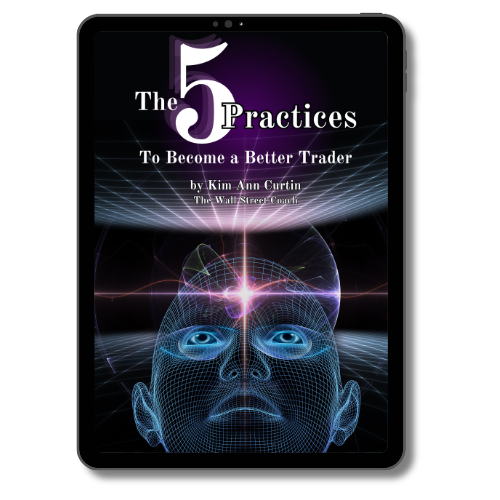
How do you develop a professional mindset?
You may think that some people are born with a professional mindset that puts them on a one-way road to success. They are confident and comfortable in their work, and they rack up accomplishments with ease.
The truth is that you must cultivate a professional mindset. It’s something that takes time and effort to develop — as well as plenty of ongoing maintenance throughout your life and career. Trust me, I’ve seen it time and time again. Often, a professional mindset goes hand in hand with what I call The Five Practices — a number of common characteristics that successful people share.

Yes, it takes work to develop a professional mindset. Don’t be scared off. The good news is that once you lay the groundwork, maintaining it becomes second nature. Need help getting started? Keep reading for some of my top tips for how to develop a professional mindset:
Note: Interested in learning more about individuals who embody The Five Practices? Check out my book, “Transforming Wall Street: A Conscious Path for a New Future.“
Professional Mindset: Start Here
Mindset is a big topic with just about all of the traders and professionals I interact with. As trader and The Wall Street Coach Podcast guest Tom Canfield put it,
This is the REAL game of trading. Wise words from @canny4. Check it out + many more mindset gems in my recent #podcast interview with him: https://t.co/98rFVR0uJX #mindset #trading #traders pic.twitter.com/dVf9NrRKtx
— Kim Ann Curtin (@kimanncurtin) July 1, 2022
Before you can really wrap your mind around the concept of a professional mindset, you’ve got to have a basic understanding of mindset itself.
If you look at the dictionary, mindset is defined as “an established set of attitudes held by someone.” It’s these attitudes that shape the lens through which you see the world and interact with others — that’s a pretty big deal.
A professional mindset means more than just how you conduct yourself in a professional setting. It’s part of what guides you through your career and in life. You need a professional mindset to make savvy decisions, carry yourself in professional settings, and work effectively with others. As you can imagine, it can have a huge impact not only on your career but your life.
6 Principles for Developing a Professional Mindset
If you want to develop a professional mindset, consider these six things:
Fixed Vs. Growth Mindset
First off, you’ve got to limber up your mind. If you’re stuck in your ways mentally, it will carry over to your work. This means shifting from a fixed mindset to a growth mindset.
What does that mean?
Well, a fixed mindset happens when you’re attached to a perspective — so much so that your identity is entangled with that perspective.
A growth mindset is not tethered to a specific perspective. With a growth mindset, you’re comfortable with not knowing. You’re able to come from a place of childlike wonder and curiosity when you approach business and life.
This is very hard to move past. The corporate world and academia really tend to promote a fixed mindset, and many high-achieving people have come from or are in these worlds.
Start by getting curious and trying on “I don’t know” for size. It may be uncomfortable at first — but to embrace the growth mindset, you have to be comfortable with being uncomfortable.
Know What You Can Control
Do you feel like things are out of control in the current economy — and world?
It is true that there’s a lot you can’t control. It’s easy to get overwhelmed and feel lost at sea. It can be debilitating.
Don’t try to control what’s going on in the world. You can’t. Instead, focus on what you can do — and keep your eyes trained on those things.
Maybe those things have nothing to do with the economy, your corporate structure, or your job.
For instance, you can control things like what you’re eating and drinking, whether you’re exercising or allowing ample time for sleep. You can make more time for the quality people in your life who matter to you and who see the best in you.
You also have control over how much you consume in terms of news and headlines. We still have great volatility in life and in the economy because of the pandemic, and human beings only have so much ability to cope. This isn’t to say that you should put your head in the sand, but you can put a cap on how much of it you consume on a daily basis.
Focusing on yourself and what you can control can buoy you and help you stay strong as the tide of what you can’t control rages around you.
Learn From Failure
Failures and mistakes can be some of our biggest teachers. But it requires the right approach.
The idea that you should learn from your mistakes can actually be quite damaging if you’re coming from a place of making yourself “wrong.” Focusing on what didn’t work in your life is a lot harder to do if you’re coming from this place. If you’re self-flagellating you’re really not able to take a strategic look at what happened.
The first step is to look at the situation as neutrally as possible and without shame.
When you stop shaming yourself for being wrong, it’s possible to look at the situation a lot more clearly and see what went wrong. For instance, maybe you didn’t reach out to enough people before an event. Maybe you didn’t respond quickly enough to a prospect. Maybe you didn’t get into a trade fast enough.
These things don’t make you a bad person or “wrong.” Ideally, they inform you how to do better next time.
Be Around Other Successful People
Surrounding yourself with successful people can inspire you to reach higher in your life and career.
But that doesn’t necessarily mean seeking out the people with the most followers or the fanciest cars or the biggest house.
Many people think that if they hang out with a bunch of rich entrepreneurs, some of their wealth and success will rub off on them. But consider this…
Rich doesn’t necessarily mean happy. Sure, they may have the outward markings of success, but that might be all they have. They might have broken marriages. Their kids might hate them. They might have chronic insomnia. They might be deeply unhappy. You see where I’m going here.
So what kind of successful people should you seek out?
It’s about finding…
- People whose values are aligned with yours
- People who have an internal experience of success
- People who feel healthy and confident in themselves,
- People who don’t measure themselves with the world’s ruler, but their own ruler.
Think about who you are around and emulating. Are they actually living what you have defined as true success beyond the trappings of what looks good on the surface?
Focus on Incremental Improvement
Many people dream of overnight success. Few actually achieve it.
Social media and the news are rife with stories of “overnight success.” They love to make it look like people have found great wealth, investors, or success, in the blink of an eye.
What few outlets actually cover is the grind that came before that sudden success. Nobody looks at the fact that they were doing it for years with little reward before their hard work paid off.
When you’re caught in this grind, it can be hard to see that you are in fact advancing every day. That’s why it can be a good practice to focus on your small steps of improvement and progress.
It’s not always easy. It’s something that just about everyone struggles with — even me! But when I look back and see the team I have assembled, the blog, my clients — I see all that I have created, bit by bit, piece by piece. It helps me from falling into a tailspin when all I can see is my miles-long to-do list.
We’re predisposed to look at what is wrong or what we have not achieved. I want you to be different.
- Focus on what has worked.
- Focus on what you’re doing better today than you were yesterday, or last week, or last year.
- Focus on what you’ve been through (and survived).
This is related to a method of strengths-based leadership development called “appreciative inquiry.” When you focus on what’s working and what is helping you advance, you will see that you’ve actually experienced exponential growth.
Hire a Coach
A coach can help you cultivate a professional mindset.
In my personal work as a coach, I believe that I do this by helping people become more self-aware.
Becoming more self-aware is the key to transformation. It’s the key to up-leveling yourself.
But many people avoid being self-aware because they’re too busy beating themselves up internally.
If they’re in an endless loop of behaviors or thoughts that they’re frustrated with, they’re not going to get very far by continuing to make themselves “wrong.”
Self-criticism rarely drives us to head in the right direction.
That’s why work with a client often starts by helping them hoist themselves “off the meat hook” so they can look at themselves from a place of TLC.
I help them become more self-aware by dialing down the inner shame factor of they’re not where they want to be in this moment. I help them turn up self-empathy to help them move in a direction more suited to what they really truly desire — but with less baggage for that journey.
Conclusion
A professional mindset isn’t something that just happens. It’s the result of a lot of hard work and challenging self-inquiry. However, I believe that the dividends on this work make it well worth the effort.
Are you interested in up-leveling by becoming more self-aware? Consider reaching out today.


